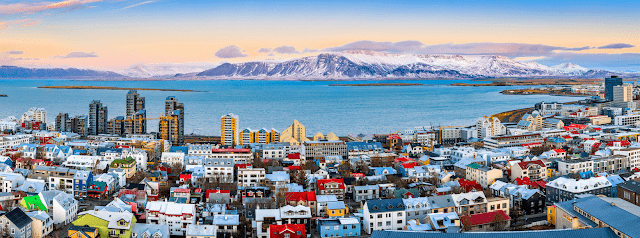Following Europe’s drug regulator’s approval of Johnson & Johnson‘s coronavirus vaccine this week, some EU member states are beginning to prescribe the single-dose injection, with some imposing age limits, as with the AstraZeneca vaccine.
Spain’s regional health officials began administering the shot to people aged 70 to 79 on Thursday, only two days after the European Medicines Agency (EMA) warned of a potential connection to a rare clotting condition, but emphasized that the shot’s benefits outweighed the dangers.
The vaccine’s barely-begun European implementation was halted last week as agencies checked eight cases of unusual brain blood clots with a low blood platelet count in the US. Almost 150,000 doses arrived in Spain last week but were held in a warehouse while the vaccine’s barely-begun European rollout was paused as agencies reviewed eight cases of rare brain blood clots with a low blood platelet count in the US.
The European Medicines Agency (EMA) said on Tuesday that the cases, which were very close to those identified in a limited number of people who received the AstraZeneca vaccine, should be considered a “very unusual side effect” of the vaccine.
It was announced that a note would be attached to the vaccine’s labels.
The EMA, like AstraZeneca, has left it up to EU member states to determine how to use the J&J vaccine “based on their national circumstances and needs.” The viral vector technology is used in both shoots.
The J&J shot would be used in the Netherlands starting next week, while Germany’s health ministry said it will be provided in state vaccination centers “as soon as possible” and by family doctors starting in early May.
The country’s vaccination committee is yet to decide if the shot will be restricted to a certain age demographic.
Germany suggests AstraZeneca’s vaccination for people over 60, although it is permissible for younger people who have been told of the danger.
A government spokesman said that France, which has issued 200,000 doses of the J&J injection, would begin using them on Saturday, and that there was “no doubt” that the country would leave either J&J or AstraZeneca.
HAS, the country’s health authority, approved the J&J vaccine for use in people 55 and older earlier this month, the same age limit it placed on the AstraZeneca injection, and is scheduled to reaffirm the ban by Friday.
The J&J vaccine has been recommended by Italy’s health ministry for people over 60, Greece will begin prescribing it on May 5, and Denmark, which has stopped using AstraZeneca, will announce its decision next week.
Iceland, which has limited the use of AstraZeneca to people in their 60s but is likely to lower that cap soon, has licensed the J&J vaccine with no age limits “for the time being,” and will begin prescribing it next week.
J&J has agreed to supply 55 million vaccination shots to the EU by the end of June, about a fifth of the 400 million doses of four separate vaccines the EU expects to get in the second quarter.
By mid-July, the European Commission has stated that member states would have collected enough doses to achieve the goal of sufficiently vaccinating 70% of the adult population – an amount epidemiologists consider necessary for herd immunity.





